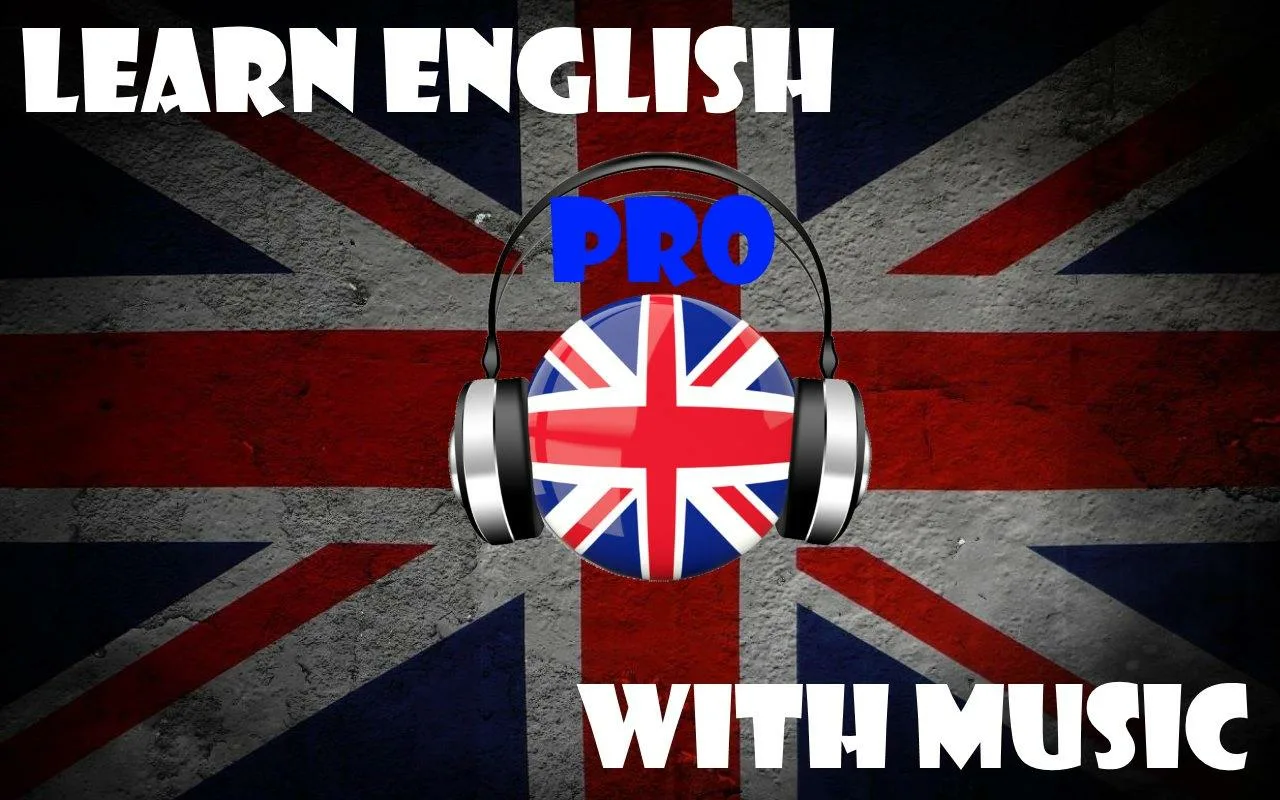A language is an essential tool that assists in expressing feelings and stating facts through a formal system. It is a gift which helps in opening our minds to knowledge that surrounds us so that we can understand, interpret and analyse information. Language includes words, gestures, symbols, signs and even sounds to communicate ideas and thoughts from person to person. The language barrier is a term used to express the difficulties that an individual or a group faces during communication. It is also referred to as linguistic barrier experienced by people speaking different dialects or languages.
The term language barrier prevents two or more people from understanding each other in the absence of a common language.
- Destroy of the myth that you are “bad at languages”
“They started as children!” the reader continues. “I’m an adult!”
You’re right, reader. You’re an adult who the system has failed.
But don’t lose hope: with good resources and some consistency, there are more and more studies that show that the adult learner actually has many advantages over the child learner. It might actually be easier to learn languages as adults than as children under the right circumstances.
Language barrier or not, people often need to hear something more than once to understand and remember it. Don’t expect anyone to remember something you said once. If it’s important, make it a regular part of your communication.
- Simplify Sentences When You Want to Express Your Thoughts
It is important to get into the habit of using plain language or simplifying the sentences you use when you want to express your thoughts in an unfamiliar country. So that the natives of the country you are visiting will be able to understand you better. Gestures can also help natives to understand your intent. For example, if you smile, they will know that you are saying something positive.
3. Challenge yourself
“It’s not about perfect. It’s about effort. And when you bring that effort every single day, that’s where transformation happens. That’s how change occurs.” – Jillian Michaels
Try having small conversations with co-workers, experience familiar shows and movies in a different way by watching them in your new language, or get a magazine or graphic novel and work your way through it using pictures for context and a translator app to help with unknown words. This extra push outside of your comfort zone definitely takes discipline, but will pay off with big gains in your language skills.
4. Get emotional
First of all, if you are trying to communicate with somebody but you are showing minimal emotion, you are going to find that you are coming across a little boring. Nobody likes a robot. Secondly emotions are universal. Happy, sad, and angry: all of these are understood in different languages without having to use the language. So take Whitney Houston’s advice and don’t be afraid to get so emotional, baby.
5. Relax
When you get nervous your brain starts shooting random words across the language plains of your head, which are crashing into each other, causing traffic delays, and doing stunt shows. Not helpful. Relax, take a deep breath, and remember your training. Now try it again. Better right? Usually being relaxed helps the flow of understanding and communication. So just remember to breathe.
6.Get over being self-conscious
One of the major hindrances of the language barrier is being self-conscious. You are going to make mistakes, you are going to say things incorrectly, and you are going to have to brush up on your charades skills for getting your body language across. The key is to just get over it and accept that these things are going to happen.
7.Keep practising
To truly break the language barrier, you also have to keep practising your new language – the more you learn and talk the better you’ll get and the sooner you’ll be doing everything in another language.
Keep on practising grammar and spelling, learn new vocabulary, and find great teachers to practice with. You can also try to incorporate ways of learning into your daily life, so you can learn a new language with minimum effort outside the classroom!
Good luck smashing that language barrier!
8.When you can’t remember a word, don’t just stop: use comparisons, synonyms, noises, hand gestures and more!
At some point when speaking to someone, there will be a moment in which you will forget a word. It’s bound to happen – and when it does, most people simply stay quiet while they try to remember, and the conversation comes to a stop. To avoid these awkward pauses, the next time you forget a word, push yourself to try to come up with ways for the other person to help you figure out what you mean.
9. Do Not Refuse Drinks After Work
Fridays are usually the days when colleagues like to go out for a few drinks after work. Do not be afraid to go and mingle, because, after a beer or two, you will start chatting and forget about being shy or afraid of looking stupid. We are sure you have a lot of fun moving experiences to tell, for example, how you managed to ship a vehicle overseas.
10. Increase Engagement
Do not hesitate to participate in your new local community, do some voluntary work, join some public events, cooking classes, or simply start talking more to your coworkers. Also, a school of languages is a good option, as you’ll meet more people who are in a similar situation and with the same level of knowledge – you will be more comfortable talking around them.
11. Improve your understanding
Your barrier is caused partly by the fact that you don’t feel confident about understanding the language. In order to improve it you need to listen to podcasts, movies, music… but you can’t listen to it passively. You need to be active. Stop it sentence after sentence, repeat what you hear. Learn to recognize where one word ends and another one starts. I wrote about it more in my other post – how to learn a foreign language without cramming grammar and vocabulary.
Listen to different accents. You will hear different English if you go to London, different on a trip to Dublin and something else in the USA. It is the case with other widely spoken languages like Spanish too.
12.Talk to yourself or to someone who doesn’t understand you anyway
You’re alone at home, in the car, under shower? Say your thoughts aloud in the foreign language. Tell yourself what are you seeing, doing, planning for tomorrow. Watch a short video in the language and tell it to yourself, to your cat, partner, mum, even if they don’t understand a word.
13.Destroy of the myth that you are “bad at languages”
“They started as children!” the reader continues. “I’m an adult!”
You’re right, reader. You’re an adult who the system has failed.
But don’t lose hope: with good resources and some consistency, there are more and more studies that show that the adult learner actually has many advantages over the child learner. It might actually be easier to learn languages as adults than as children under the right circumstances.
14.You have this!
In reality, everyone picks up on new languages at their own pace, and not everyone values devoting time to developing language skills. Anyway you slice it, it’s okay! Regardless of your preparation or commitment, I can promise you three things: The first is that the language barrier will cause you some problems; The second is that you will find a way anyway, if not always in the easiest, cheapest, fastest, or smartest way; the third is that by the end of your program, you will be able to look back and laugh at the you you were just a few short months ago, appreciating how much your communication skills have developed.



